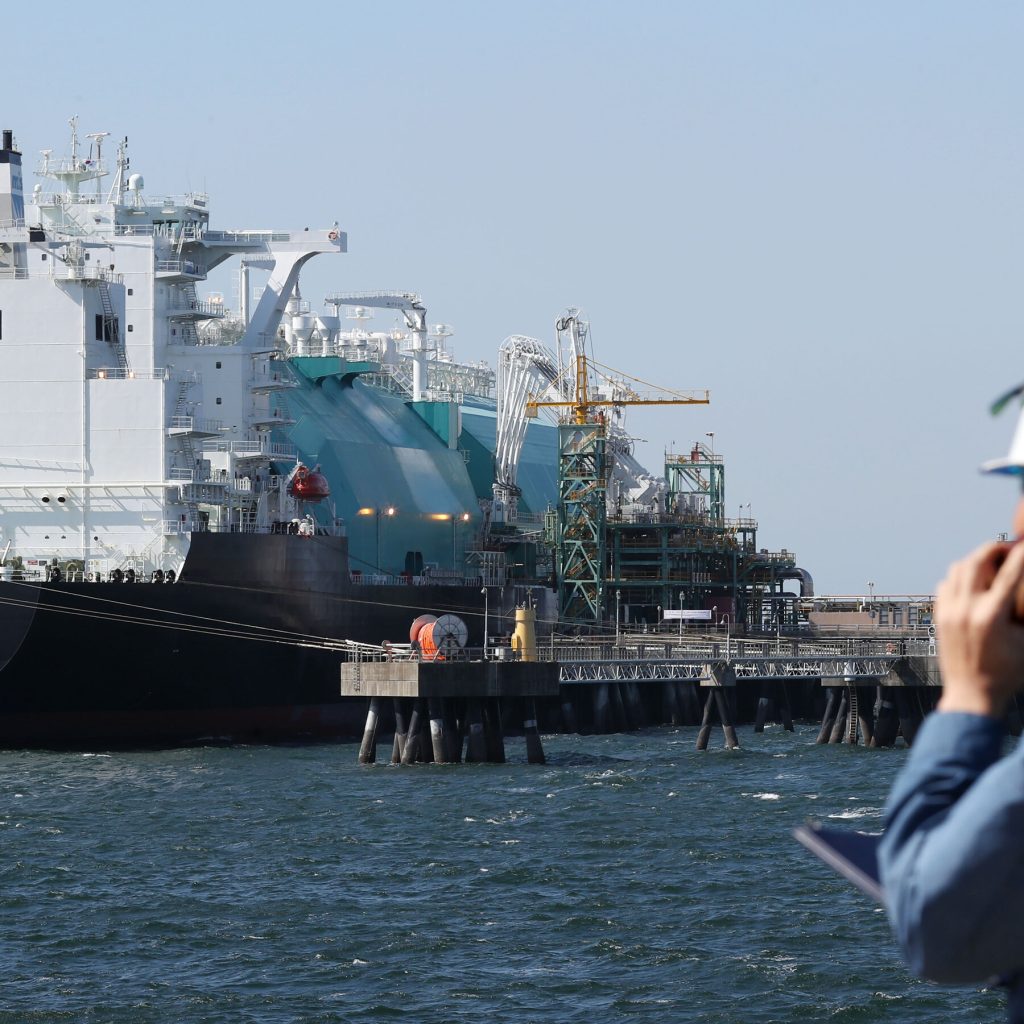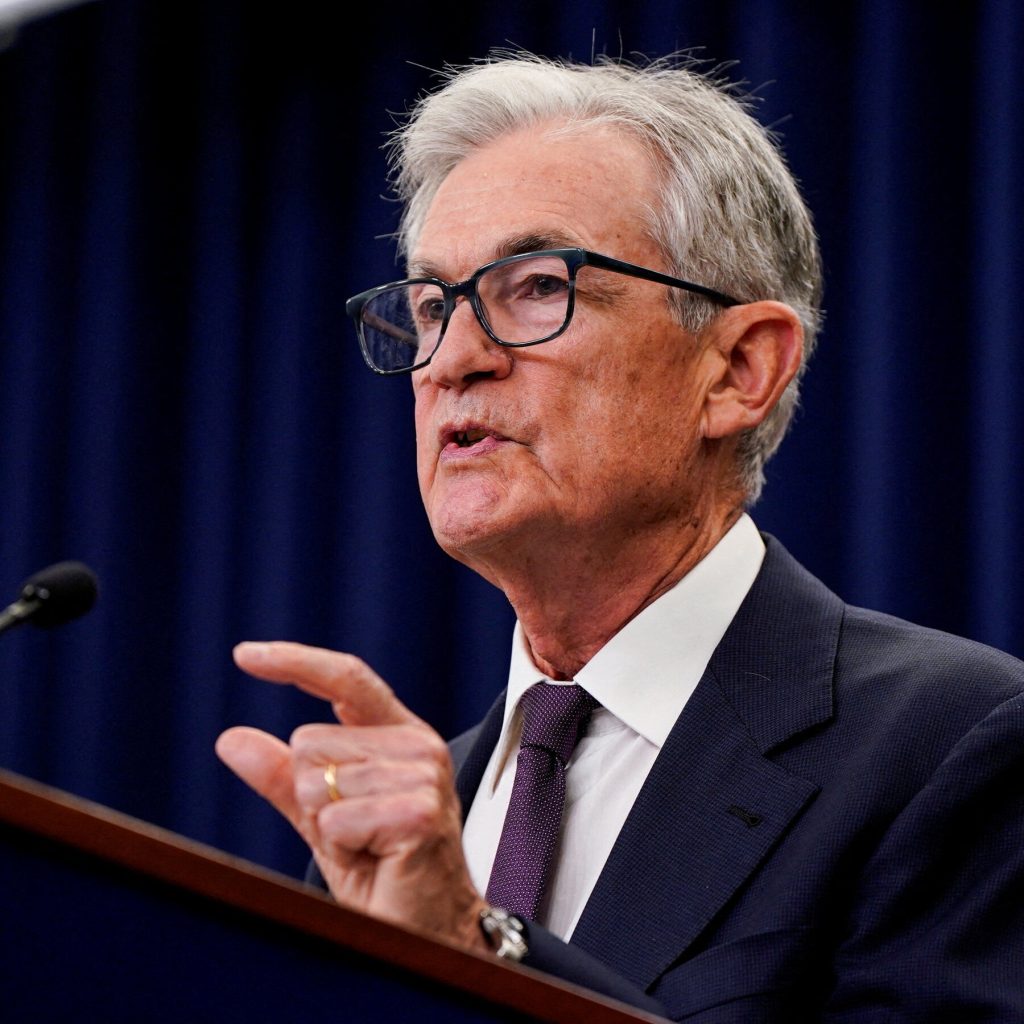EU Food Labeling Rules Spark Heated Debate Over Meat Terminology

In a move that has sparked intense debate across the European Union, lawmakers have voted to restrict the use of terms like “burger,” “sausage,” and “steak” to only animal products, effectively barring vegetarian and vegan food manufacturers from using these labels. The new rules, which aim to provide clearer labeling for consumers, have been met with resistance from producers and consumers of plant-based meat alternatives, who argue that the restrictions are unfair and misleading.
The European Parliament’s decision to limit the use of meat-related terminology to animal products only has raised concerns among veggie burger and tofu sausage manufacturers, who claim that the labels are essential to their products’ identities. Many argue that the terms have become synonymous with the style of food, rather than the ingredients used to make it. For instance, veggie burgers and tofu sausages have been on the market for decades, and consumers have come to associate these terms with a specific type of food, regardless of the ingredients.
Proponents of the new rules, however, argue that the labels can be confusing for consumers, who may mistakenly believe that plant-based products contain meat. They claim that by restricting the use of these terms, consumers will have a clearer understanding of what they are buying. On the other hand, opponents of the rules argue that the labels are not confusing and that consumers are well aware of the ingredients used in plant-based products.
The debate highlights the challenges faced by the food industry in balancing consumer needs with the demands of producers. As the European Union continues to grapple with the issue, one thing is certain: the way we label and market food products is about to undergo a significant change. The impact of these new rules on the food industry remains to be seen, but one thing is clear – the sausage, or rather, the labeling of it, is about to get a whole lot more complicated.






